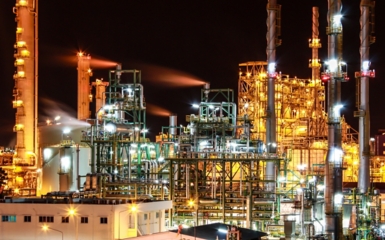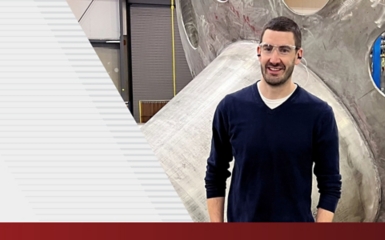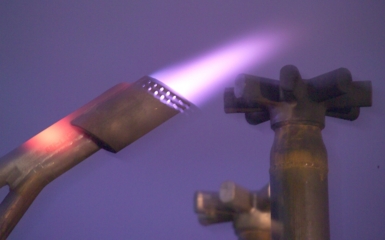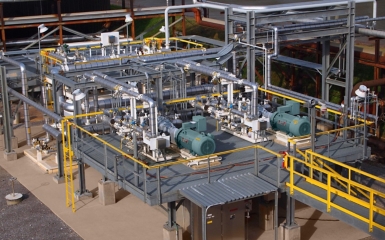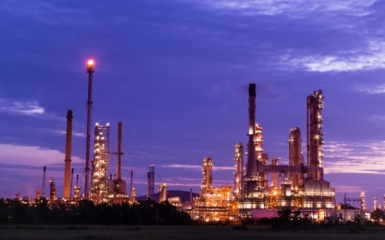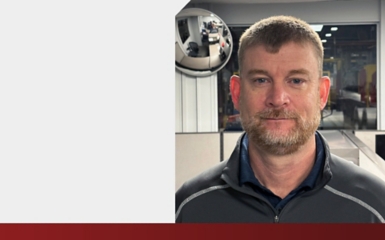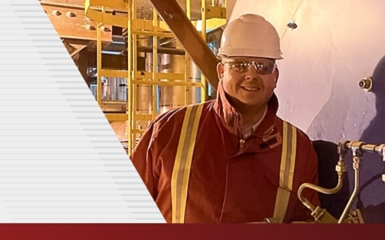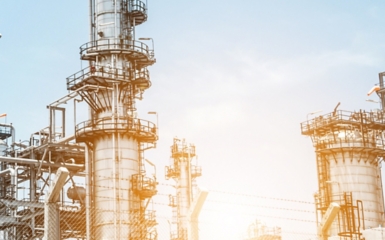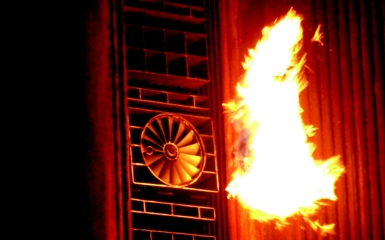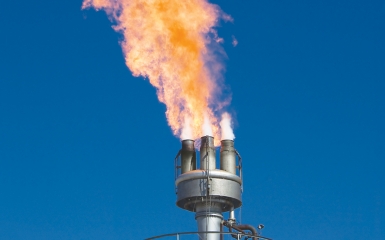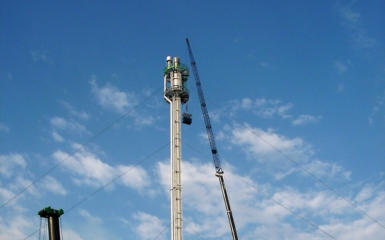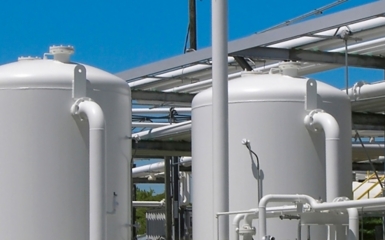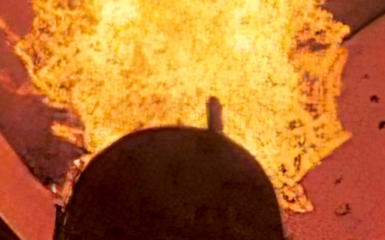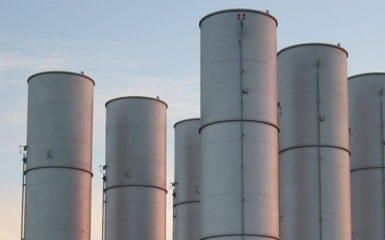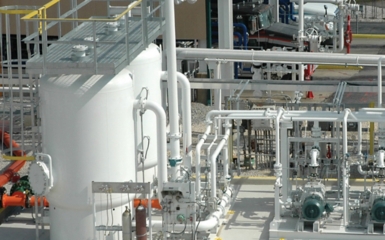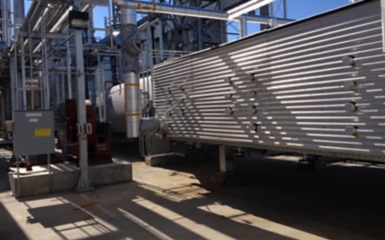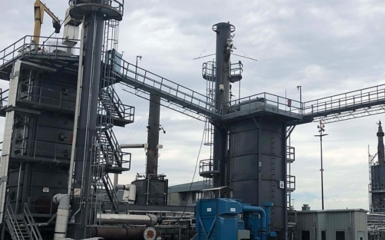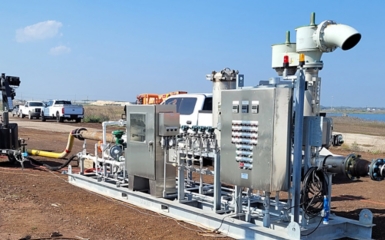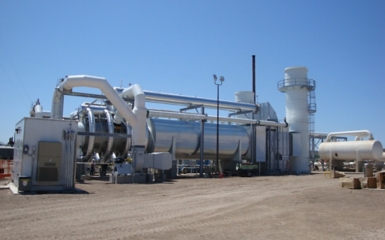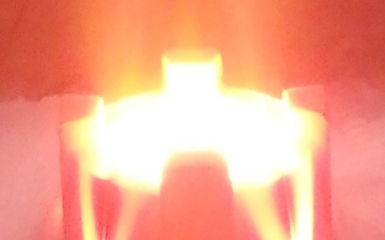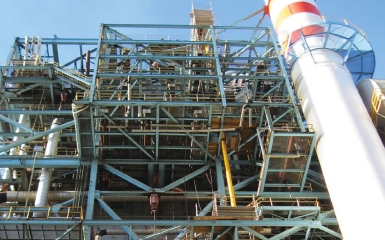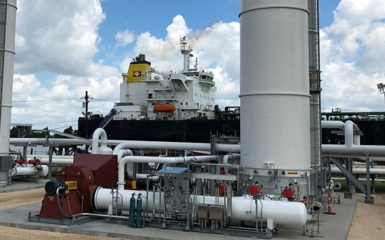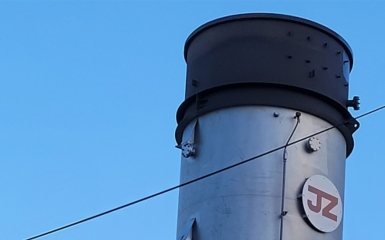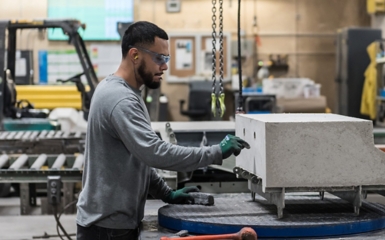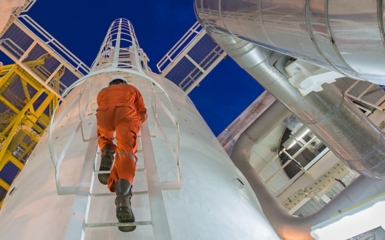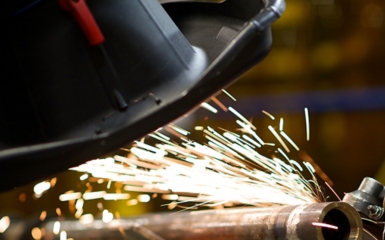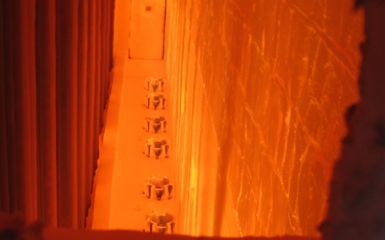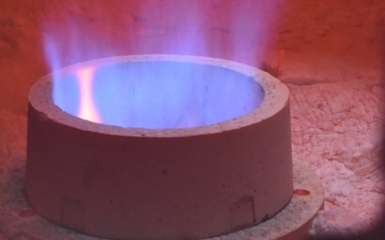Knowledge Hub
Welcome to the John Zink Knowledge Hub, your go-to resource for combustion and emission control insights and updates. Tailored for industry professionals, this hub delivers a continuous stream of content ranging from deep-dive technical articles and product data sheets to technical articles and updates on the latest environmental regulations affecting combustion systems. This hub keeps you up to date with the information and insights you need.
Knowledge Hub
Filter
Category
Tags
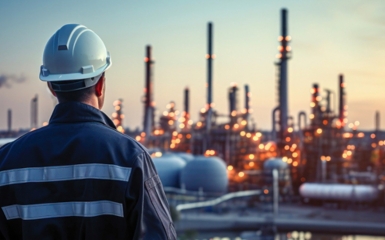
Margin that Matters: Exceeding Emissions Standards with ECOjet Edge+
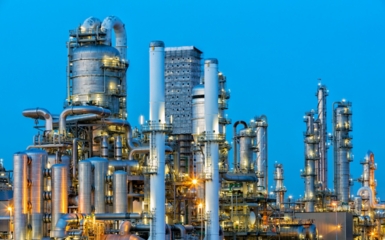
When Reliability Matters Most
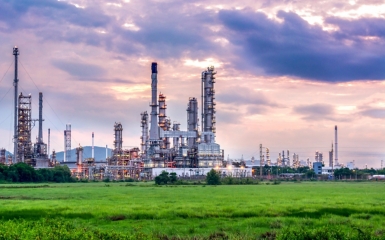
Burner Tile and Why It's Important
Burner tiles are often mistaken for a simple piece of refractory or fire brick, but in reality, they are a critical component of burner performance. The burner tile serves as the heart of the burner, influencing airflow, fuel-air mixing, flame stability, flame shape, and emissions control. If improperly installed or poured incorrectly, burner tiles can significantly impact efficiency, emissions, and overall operation.

How Ambient Weather Conditions Can Affect Burner Performance
Burner performance is influenced by ambient weather conditions, particularly temperature and humidity. Burners function by pulling in a specific volume of air for combustion. Changes in ambient conditions affect oxygen content, air density, and draft, all of which impact combustion efficiency, emissions, and flame stability.
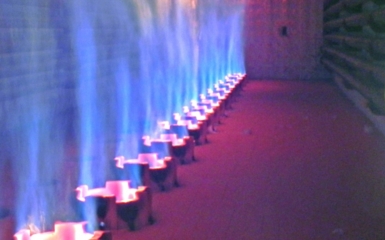
Retrofitting with Ultra-Low NOx Burners
Retrofitting a fired heater with ultra-low NOx burners requires a case-by-case evaluation to determine feasibility and necessary modifications. While some ultra-low NOx burners can be installed in existing burner cut-outs with minimal changes, most retrofits require modifications to heater steel and refractory.
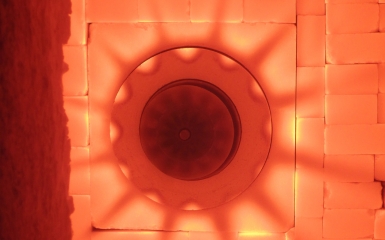
Radiant Wall Burners & Flame Patterns
Radiant wall burners are widely used in ethylene plant cracking heaters, where precise heat distribution is essential for process efficiency. These burners are designed to fire pre-mixed gas, typically in a horizontal position, and are installed in the heater wall to create even heat radiation.
